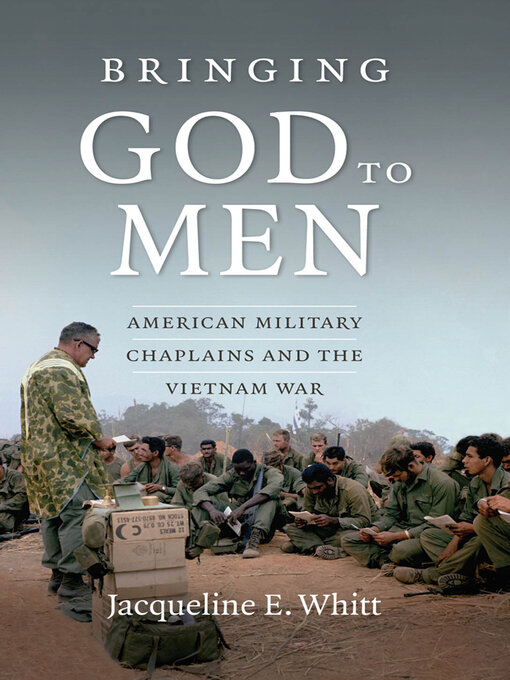During the second half of the twentieth century, the American military chaplaincy underwent a profound transformation. Broad-based and ecumenical in the World War II era, the chaplaincy emerged from the Vietnam War as generally conservative and evangelical. Before and after the Vietnam War, the chaplaincy tended to mirror broader social, political, military, and religious trends. During the Vietnam War, however, chaplains' experiences and interpretations of war placed them on the margins of both military and religious cultures. Because chaplains lived and worked amid many communities — religious and secular, military and civilian, denominational and ecumenical — they often found themselves mediating heated struggles over the conflict, on the home front as well as on the front lines.
In this benchmark study, Jacqueline Whitt foregrounds the voices of chaplains themselves to explore how those serving in Vietnam acted as vital links between diverse communities, working personally and publicly to reconcile apparent tensions between their various constituencies. Whitt also offers a unique perspective on the realities of religious practice in the war’s foxholes and firebases, as chaplains ministered with a focus on soldiers' shared experiences rather than traditional theologies.
- Fiction Ebooks
- Nonfiction Ebooks
- Young Adult Ebooks
- Graphic Novels & Comics
- Your Always Available Collection
- Just Added: Books
- Most Popular Ebooks
- See all ebooks collections
- Fiction Audiobooks
- Nonfiction Audiobooks
- Young Adult Audiobooks
- Just Added: Audiobooks
- Most Popular Audiobooks
- See all audiobooks collections
- Most Popular
- Just Added: Magazines
- Let's Get Crafty!
- Let's Get Physical!
- Let's Get Cooking!
- Celebrity Magazines
- See all magazines collections
